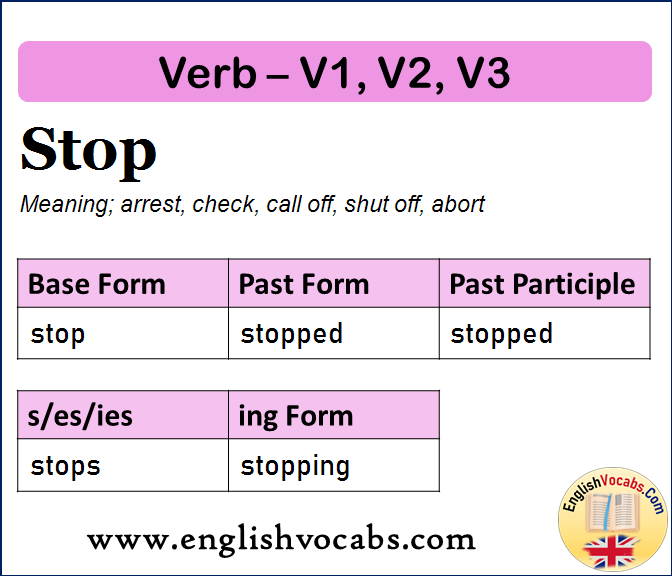


Public users are able to search the site and view the abstracts and keywords for each book and chapter without a subscription. Access to the complete content on Oxford Reference requires a subscription or purchase. First of all, there is a difference between British and American English. The past tense and past participle are either quit (especially in AmE) or quitted. Like any other modern language, English is constantly changing and transforming. The third-person singular simple present indicative form of quit is quits. Quit and wet are regular in British English. The past tense of quit is quit or quitted. Why do some irregular verbs have more than one past form? Should we learn both? In American English, spit has both spit and spat as past tense and past participle.

And misunderstand has the same forms as understand: misunderstand - misunderstood - misunderstood. Irregular verbs are different from regular verbs in the way they form the past simple and the past participle. For example, overhear is the same as hear: overhear - overheard - overheard. We left out rarely used words you will hardly hear today like shoe - shod - shod.īesides, if we add a-, be-, for-, in-, inter-, mis-, off-, out-, over-, pre-, re-, un-, under-, up-, with- to the infinitive of an irregular verb, its past forms will stay the same. We quit the shop and went to another counter. I quit the tent last night and took shelter in a hotel. Past indefinite tense/ Simple past tense: a. Past perfect tense of quit POSITIVE STATEMENT: I had quit We had quit NEGATIVE STATEMENT: I had not quit We had not quit QUESTION had I quit had We quit. Are these really all existing irregular verbs? Examples and explanations of quit’’ in the past tense-Type of past tense: Example: Explanation: 1.


 0 kommentar(er)
0 kommentar(er)
